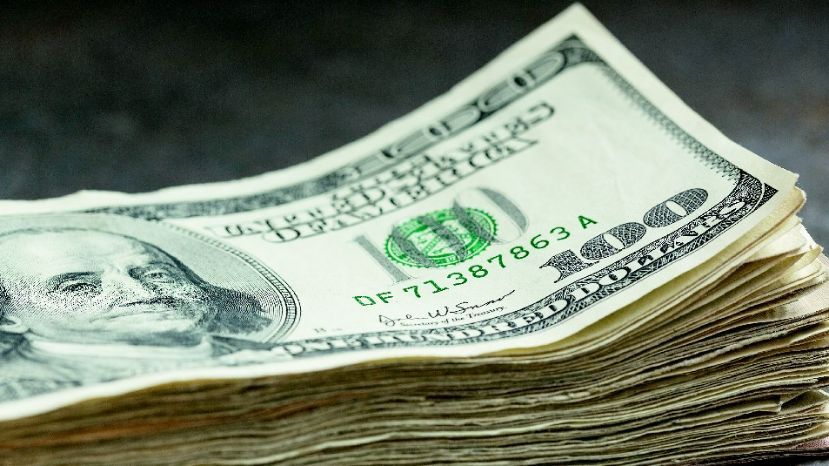
La RAE recoge en su primera acepción que el dinero (proveniente del latín denarius) es la moneda corriente. Sin embargo, el concepto de dinero es mucho más amplio y en este sentido me gustaría traer aquí 10 extractos de la visión que ofrece Yuval Noah Harari sobre el mismo en su libro Sapiens.
- Money`s development required no technological breakthroughs. It was a purely mental revolution.
- Money is anything that people are willing to use in order to represent systematically the value of other things for the purpose of exchanging goods and services.
- Money is a universal medium of exchange that enables people to convert almost everything into almost anything else.
- Ideal types of money enable people not merely to turn one thing into another, but to store wealth as well.
- Because money can convert, store and transport wealth easily and cheaply, it made a vital contribution to the appearance of complex commercial networks and dinamic markets.
- Money have value only in our common imagination. It is a psychological construct.
- Money is the most universal and most efficient system of mutual trust ever devised.
- Whereas religion asks us to believe in something, money ask us to believe that other people believe in something.
- Money is more open-minded than language, state laws, cultural codes, religious beliefs and social habits.
- Money is based on two universal principles: (i) Universal convertibility and (ii) Universal trust
[the_ad id=”1748″]